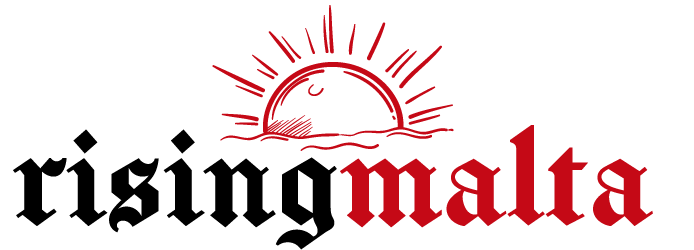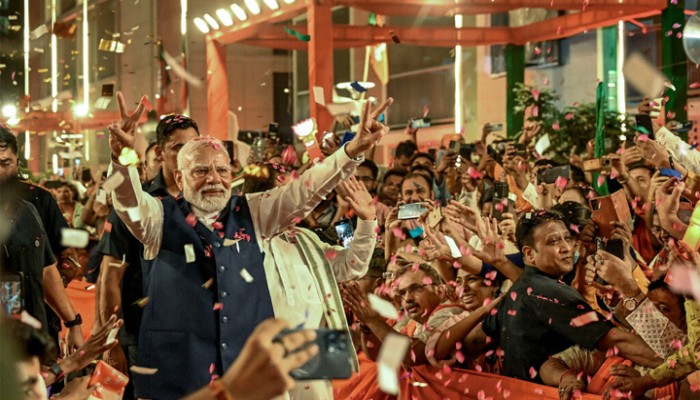
Narendra Modi's Narrow Re-election Raises Key Questions for India's Future
Staff Report , Published: June 7, 2024, 4:06 pm

Narendra Modi has secured re-election as India's Prime Minister, marking his third consecutive term, although by a narrower margin than anticipated. This victory cements his status as a pivotal leader in modern Indian history.
Despite a decade in power, Modi's long-term vision for India remains somewhat ambiguous. Key issues such as foreign relations, economic strategy, societal structure, and governance principles leave observers speculating about Modi's true intentions for the nation's future.
International Alliances and Diplomacy
Under Modi, India has strengthened ties with the U.S. and its allies, including Japan and Australia, and invested in advanced American weaponry. However, India's relationship with China remains tense, particularly after the deadly 2020 border clash. Despite these alignments, Modi has shown reluctance to fully align with the U.S., as some of his advisers view America with suspicion. India's response to the Ukraine conflict, maintaining ties with Russia and continuing to buy Russian oil and weapons, reflects its historical non-aligned stance.
Economic Strategy
India, now the world's most populous nation and fastest-growing large economy, still faces widespread poverty. Modi's economic policies oscillate between global integration and protectionism. His "Make in India" initiative aims to transform India into a manufacturing hub, yet exports have seen limited growth. Meanwhile, calls for a "self-reliant India" suggest a move away from global supply chains, highlighting a contradiction in Modi's economic approach. Despite his promises to reduce government intervention, the state remains heavily involved in economic reforms.
Minority Rights and Social Policy
Modi's tenure has seen significant shifts towards a Hindu nationalist agenda, challenging India's secular constitution. Actions like revoking Jammu and Kashmir's autonomy and promoting Hindu temples on disputed sites have marginalized the Muslim population. Modi's rhetoric and policies have intensified fears of Muslims being treated as second-class citizens. His third term will test whether the Hindu nationalist agenda will expand further, potentially targeting historic mosques or other minority interests. However, coalition partners may limit these ambitions.
Democratic Norms and Governance
Modi's assertive leadership style has streamlined various reforms but at the cost of democratic norms. The judiciary and electoral bodies are seen as increasingly biased, and political opposition faces significant repression. Modi's reduced parliamentary majority will necessitate greater cooperation with coalition partners, possibly protecting some democratic institutions. Alternatively, Modi might double down on authoritarian measures to maintain his party's dominance, leveraging agencies under his direct control.
Modi's next steps will significantly shape India's domestic and international trajectory, as his re-election presents both opportunities and challenges for the world's largest democracy.